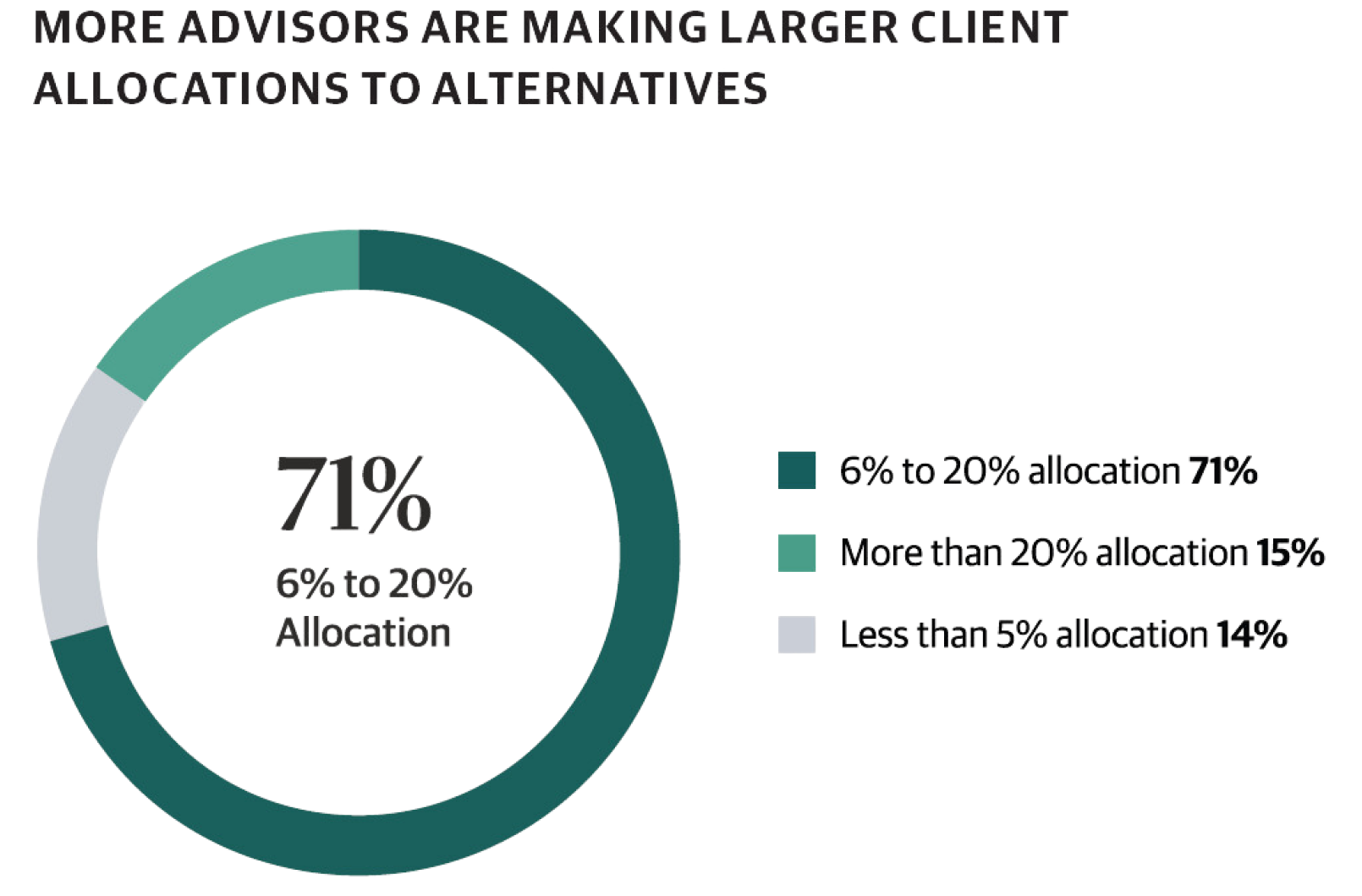Office No. 106A, B-Wing Kanakia Wall Street,
Andheri - Kurla Rd, Chakala, Andheri East,
Mumbai, Maharashtra - 400093
Global Private Credit Funds are investment vehicles that
specialize in providing debt
financing to companies
outside of traditional banking channels. These funds
often target
mid-sized companies, offering various debt
structures such as direct loans, mezzanine
financing,
distressed debt, and more.
Investing in Global Private Credit Funds can offer higher yields
compared to traditional
fixed-income investments, with the
added benefit of diversifying credit exposure. These
funds
play a critical role in financing businesses, often
accompanied by detailed
covenants and security provisions
that provide layers of protection for investors.


Global Private Credit Market Trends

Source: Blackstone - Advisor Trends in Private Markets 2023
Customized as per the requirement of user. Not a traditional form of bank loan.